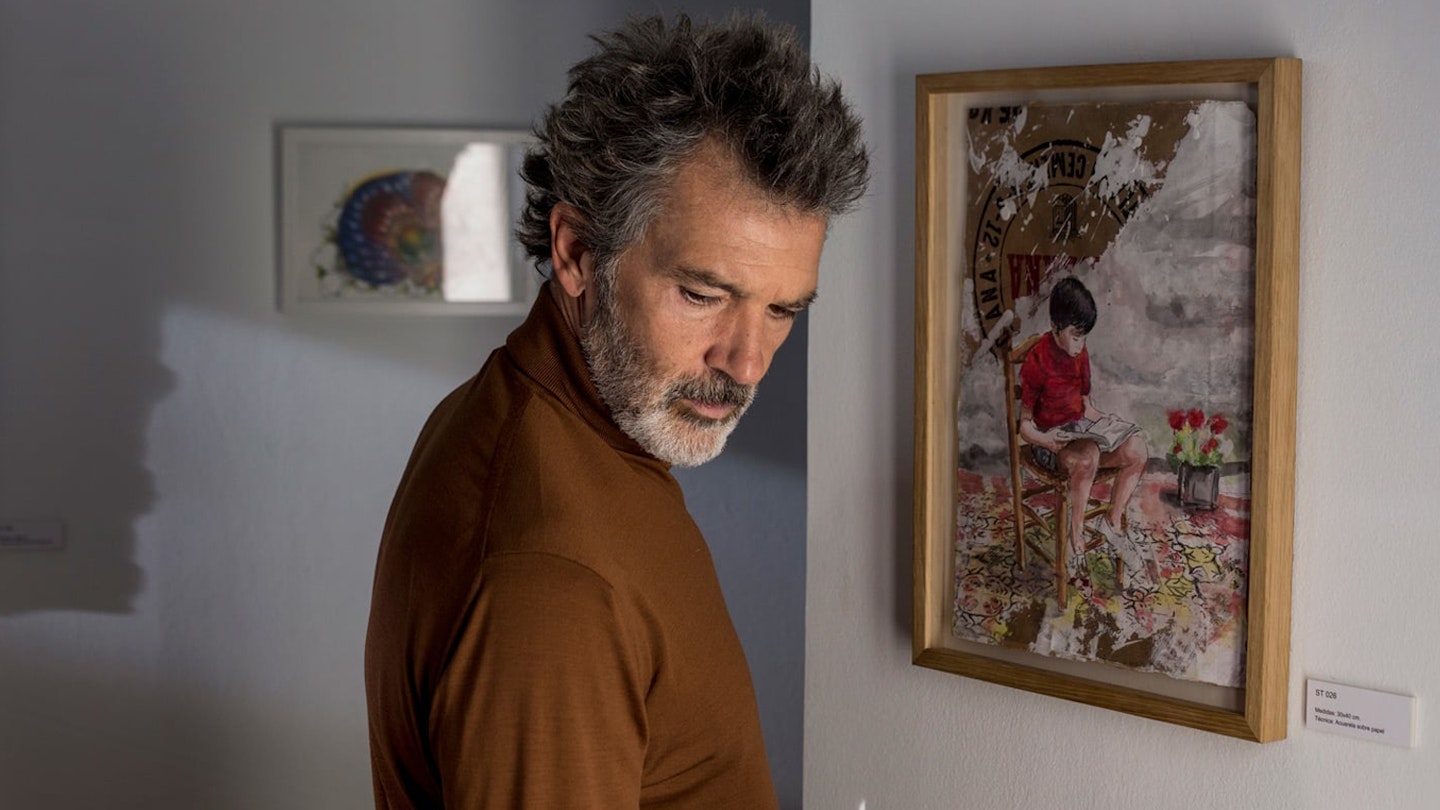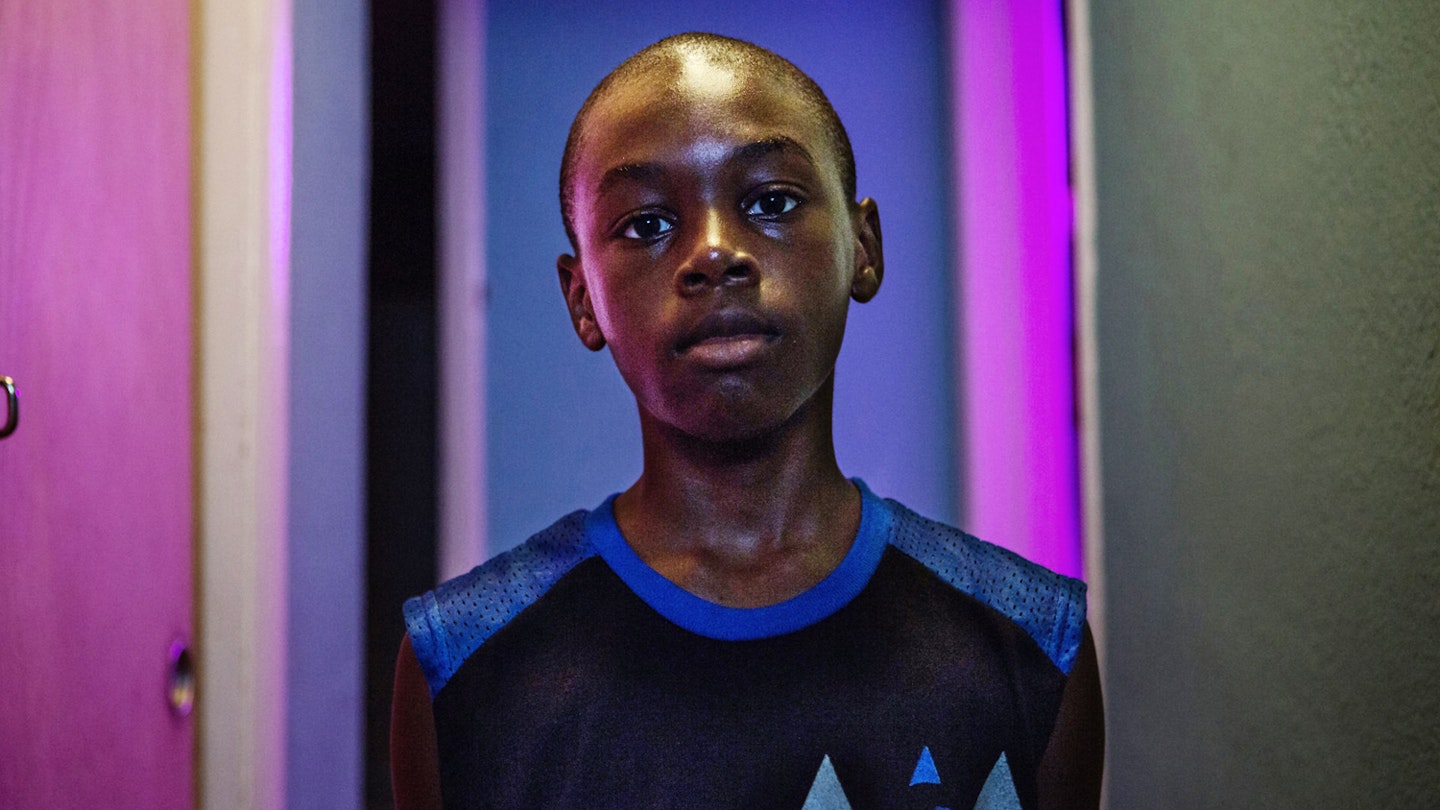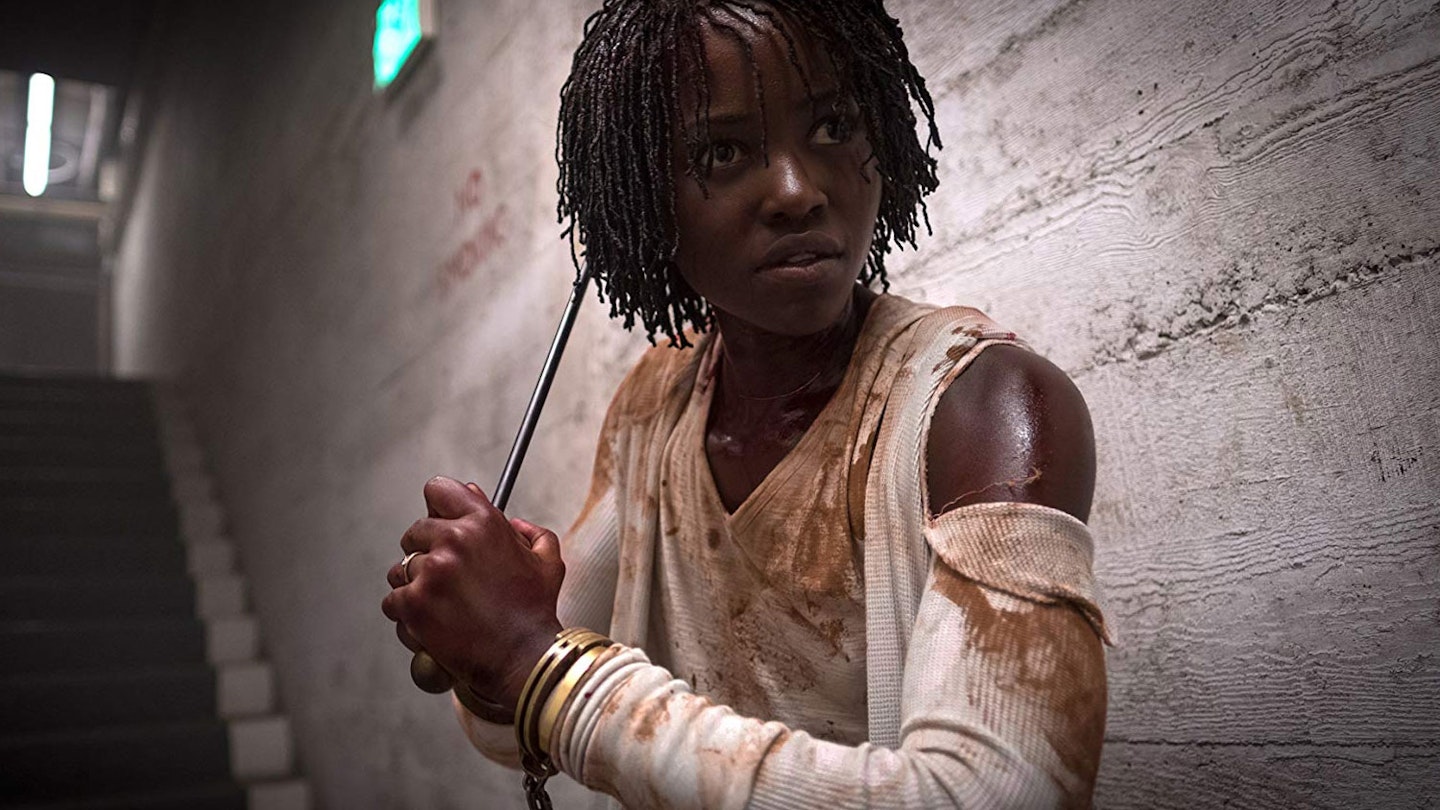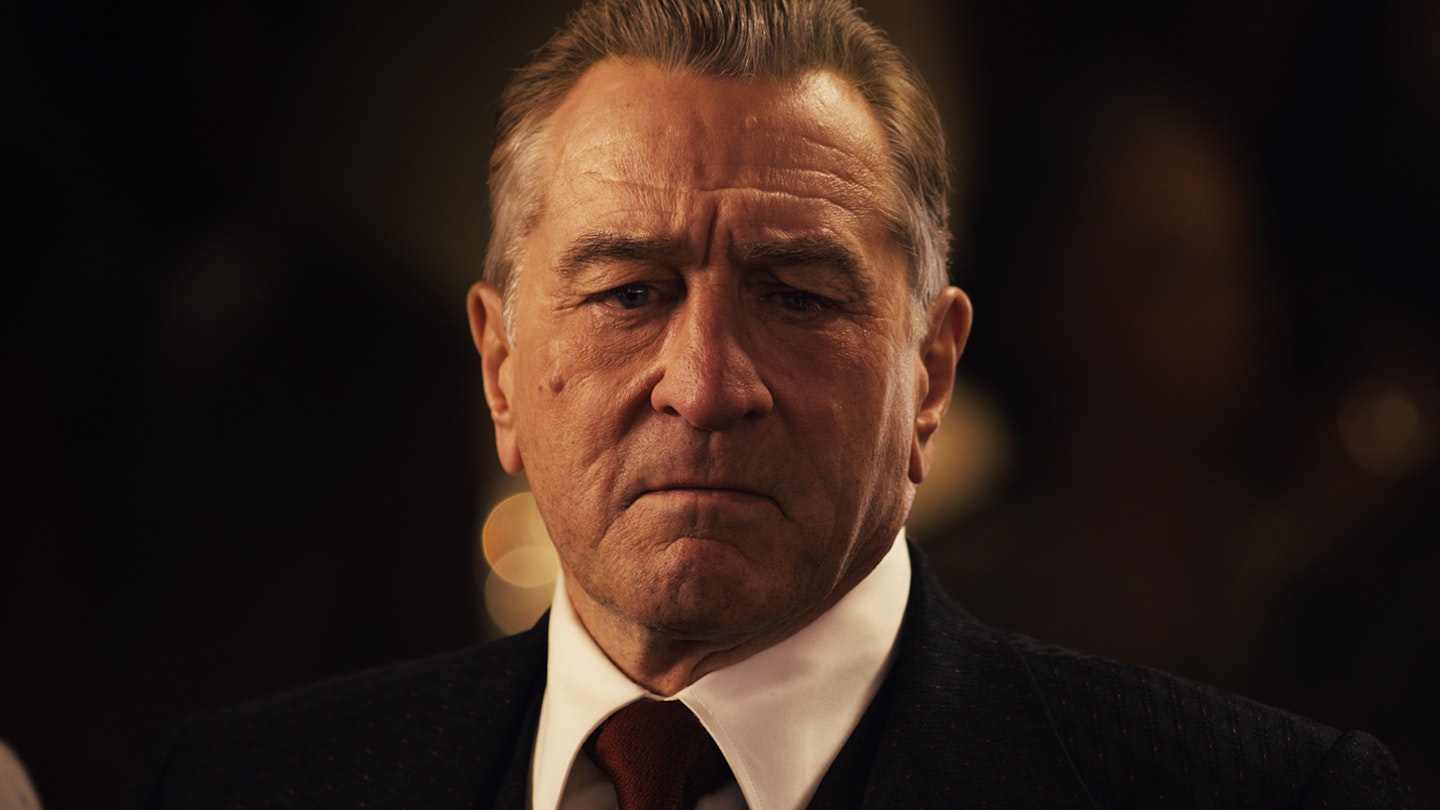Over his 40-year plus career, there have been at least three Pedro Almodóvars. There is Pedro The Subversive, who makes fast, funny, colourful camp entertainments (Women On The Verge Of A Nervous Breakdown); Pedro The Respectable, who makes thoughtful emotional, often awards-friendly classics (All About My Mother, Volver); and Pedro The Genre-Bender, who delivers his own takes on popular forms and tropes, twisting them to his own ends (The Skin I Live In). But Pain & Glory gives us a fourth: Pedro The Self-Reflective. For his 21st feature as a director, the 69-year-old Almodóvar turns his talent inward, delivering a moving, meditative maturity new to his work.

Almodóvar’s alter-ego is Spanish filmmaker Salvador Mallo (Banderas), a Spanish auteur (“Without filming, my life is meaningless”) suffering from just about every malady under the sun. Salvador is faced with an uneasy reunion with actor Alberto Crespo (Etxeandia) at an upcoming screening of his ’80s classic, ‘Sabor’ (‘Taste’). The pair fell out during the shoot and haven’t spoken since but the unease melts when Alberto introduces Salvador to heroin as a cure for his ailments. From here, Salvador is inspired to sift thorough his life as Pain & Glory morphs into a series of reflections and reconciliations; with Alberto, with his old lover Federico (Leonardo Sbaraglia), and finally his mother (played in flashback by Penélope Cruz and in the present by Julieta Serrano). There are poignant memories revisited — Cruz’s mother singing a flamenco song while washing clothes, a sexual awakening as a young workman takes a bath, a town celebrating with fireworks — that give the film the feel of a Fellini memory movie, Almodóvar delivering moments and textures that ache with tenderness and regret.
Banderas is immense but tiny. His performance is world-weary and downcast, trying to reconcile himself with his past while not having the strength to deal with the present.
From frame one, this is clearly an Almodóvar joint. From the opening titles of animated swirling paint through to a ridiculously vibrant doctor’s waiting room, Almodóvar’s control of his colour palette and camera (bravo, DP José Luis Alcaine) is stunning — Salvador’s choatic apartment is by all acounts a faithful recreation of Almodóvar’s own, right down to the brightly coloured spines of the books on the shelves. There are beautifully tricks-y transitions across Salvador’s life, the fingers of a restaurant pianist morph into those of a piano-playing priest, numerous references to his cinematic loves (“Does Liz Taylor darn Robert Taylor’s socks?” the young Salvador asks his mother) and an unusual but effective sequence detailing Salavador’s maladies via X-rays and CAT scan imagery. But his talent is deployed in the service of more candid, honest filmmaking, reflected in the performance of his star. Banderas, winner of the Best Actor award at Cannes, is immense but tiny. His performance is world-weary and downcast, trying to reconcile himself with his past while not having the strength to deal with the present. It’s an actor opening himself up to share doubts and expose frailties without a hint of showboating.
Some might miss the razzle dazzle of Pedro The Subversive or the middle-brow crossover appeal of Pedro The Respectable but Almodóvar is working in a new form here. He has been autobiographical before — Law Of Desire, Bad Education — but never so open-heartedly. Just as Salvador is a filmmaker jaded by life and cinema, Almodovar is the opposite. Pain & Glory beautifully negotiates the past and present to land in a personal place the filmmaker has never been before. Long may he stay there.



